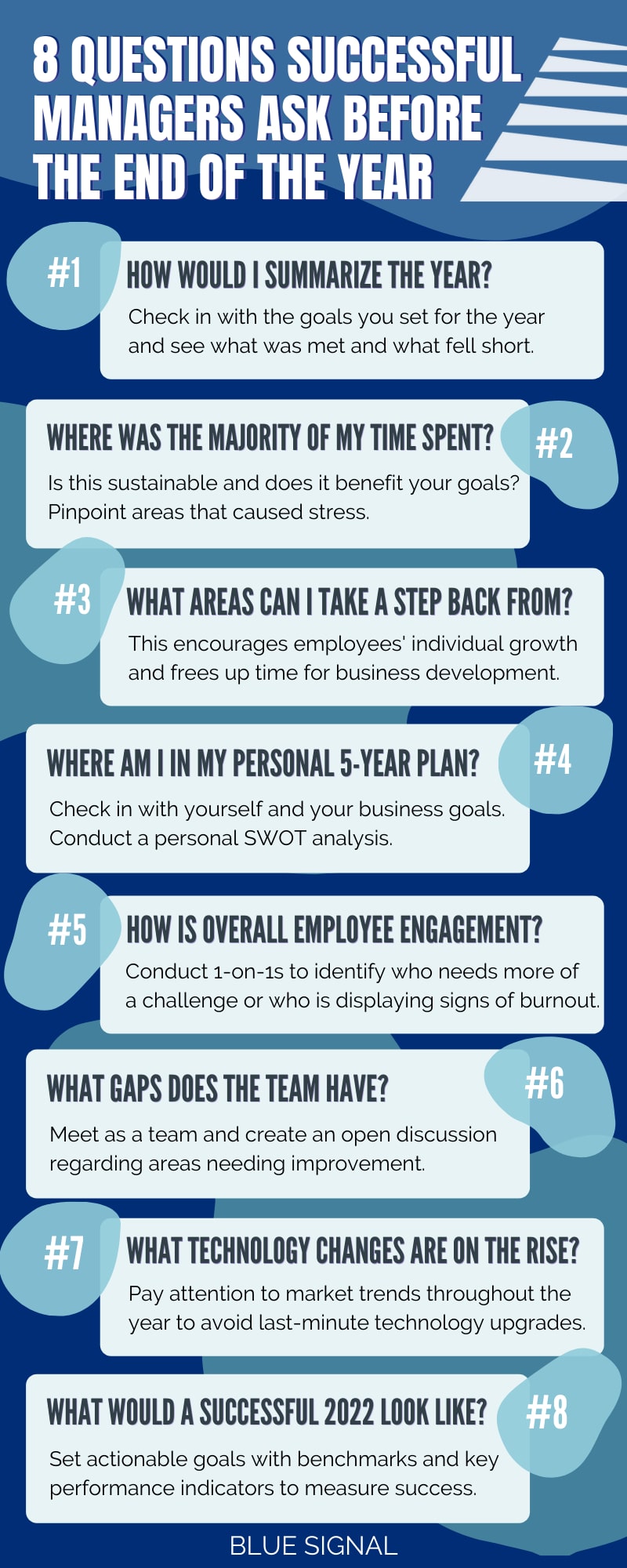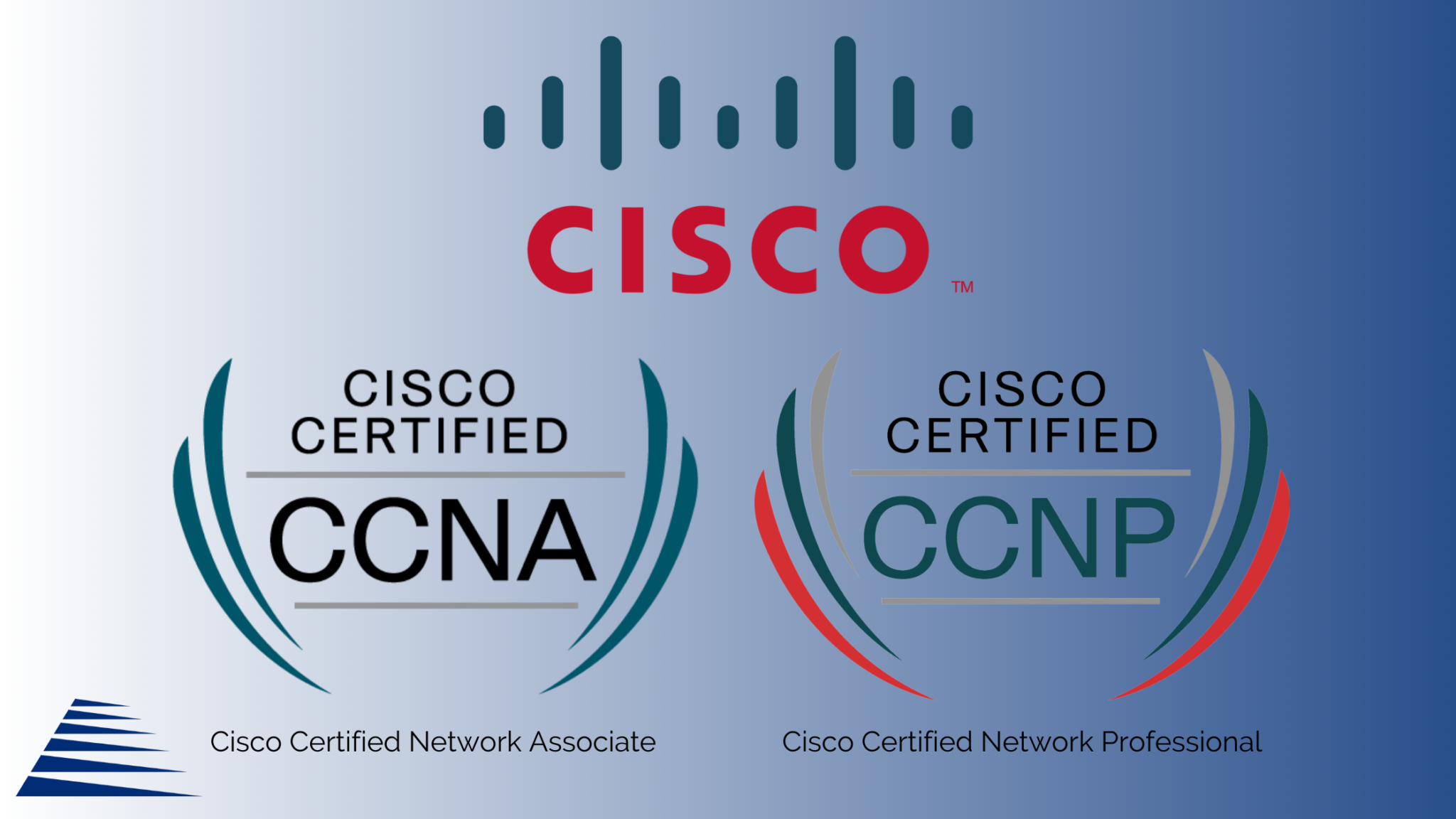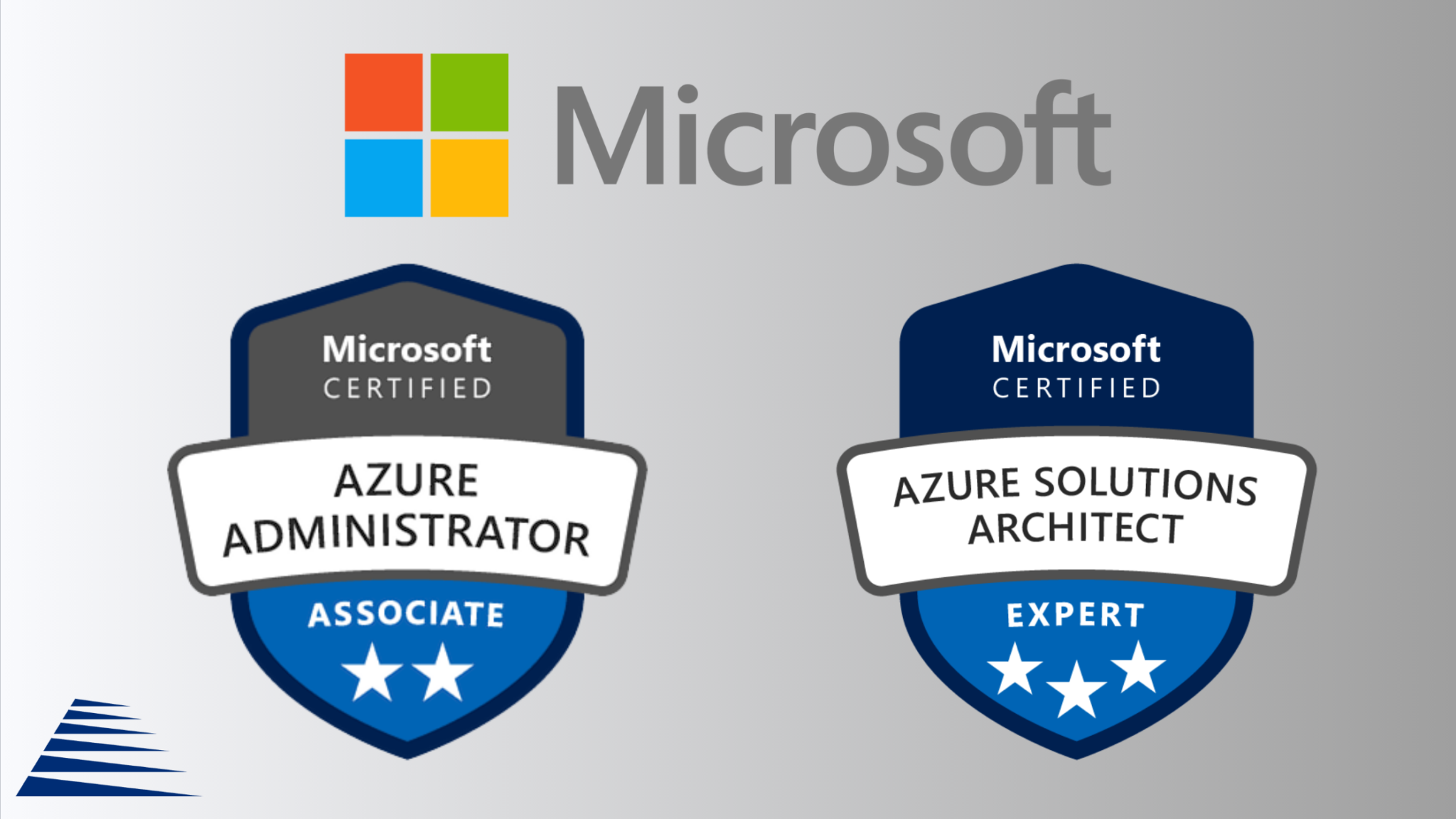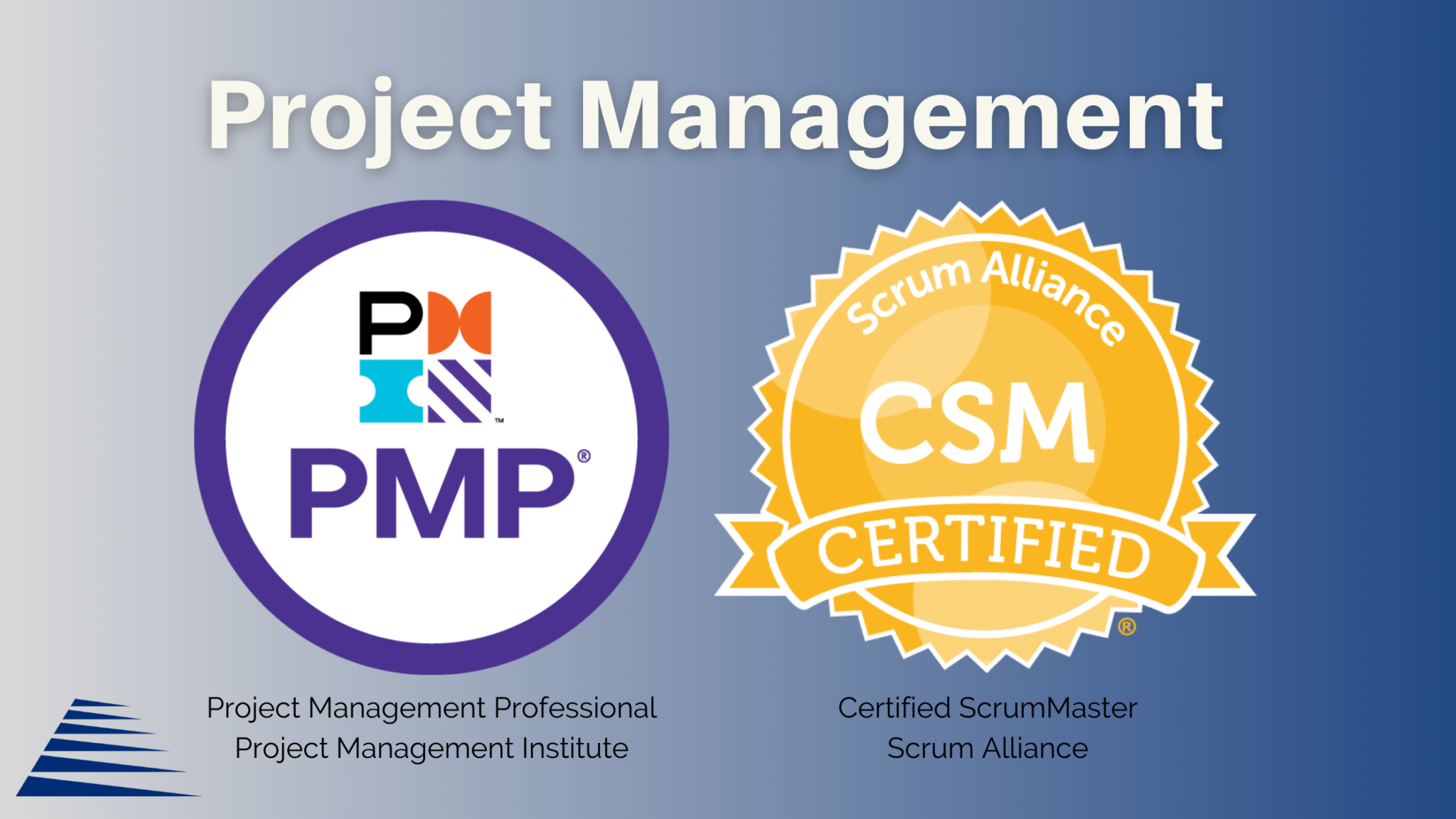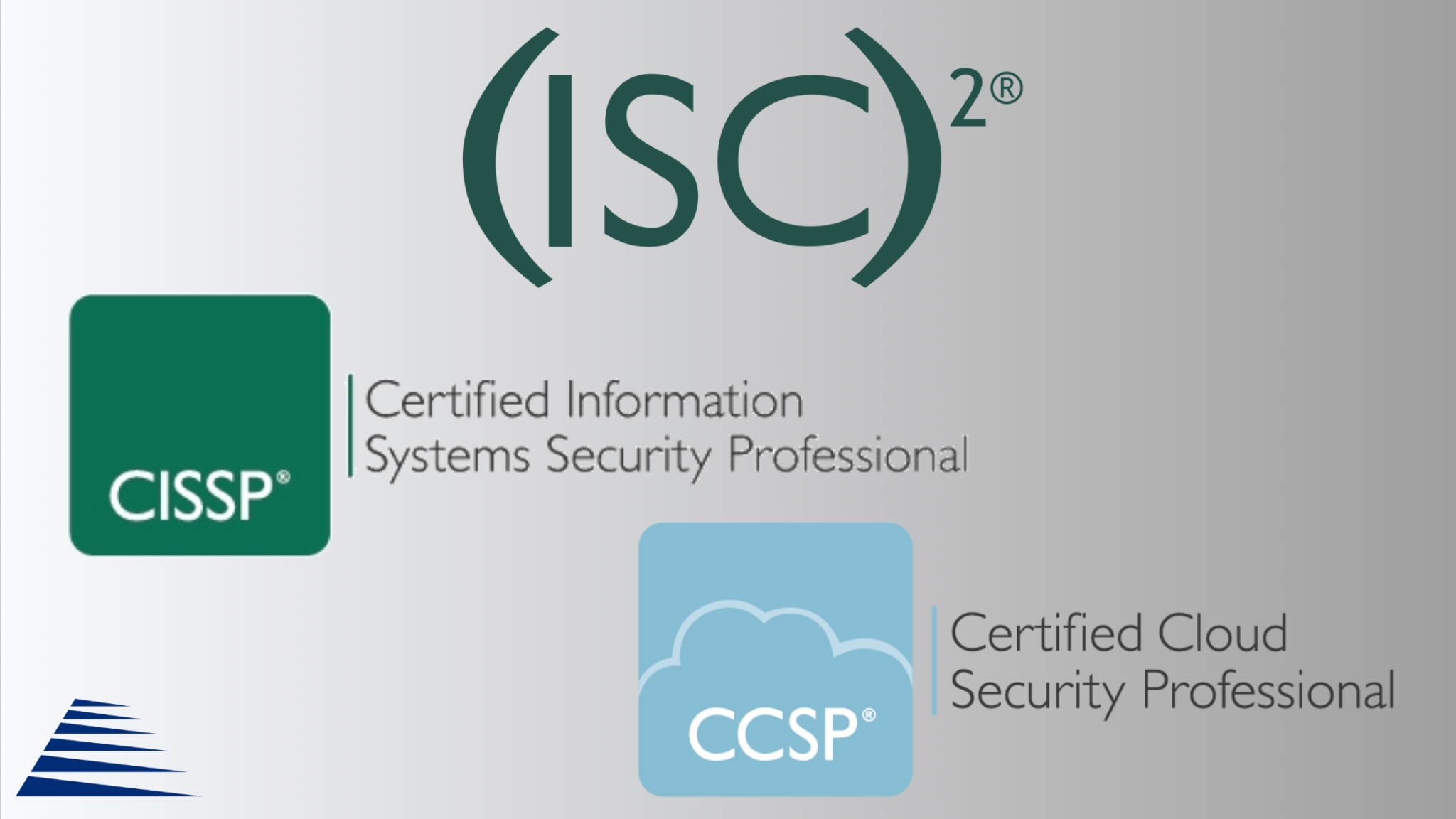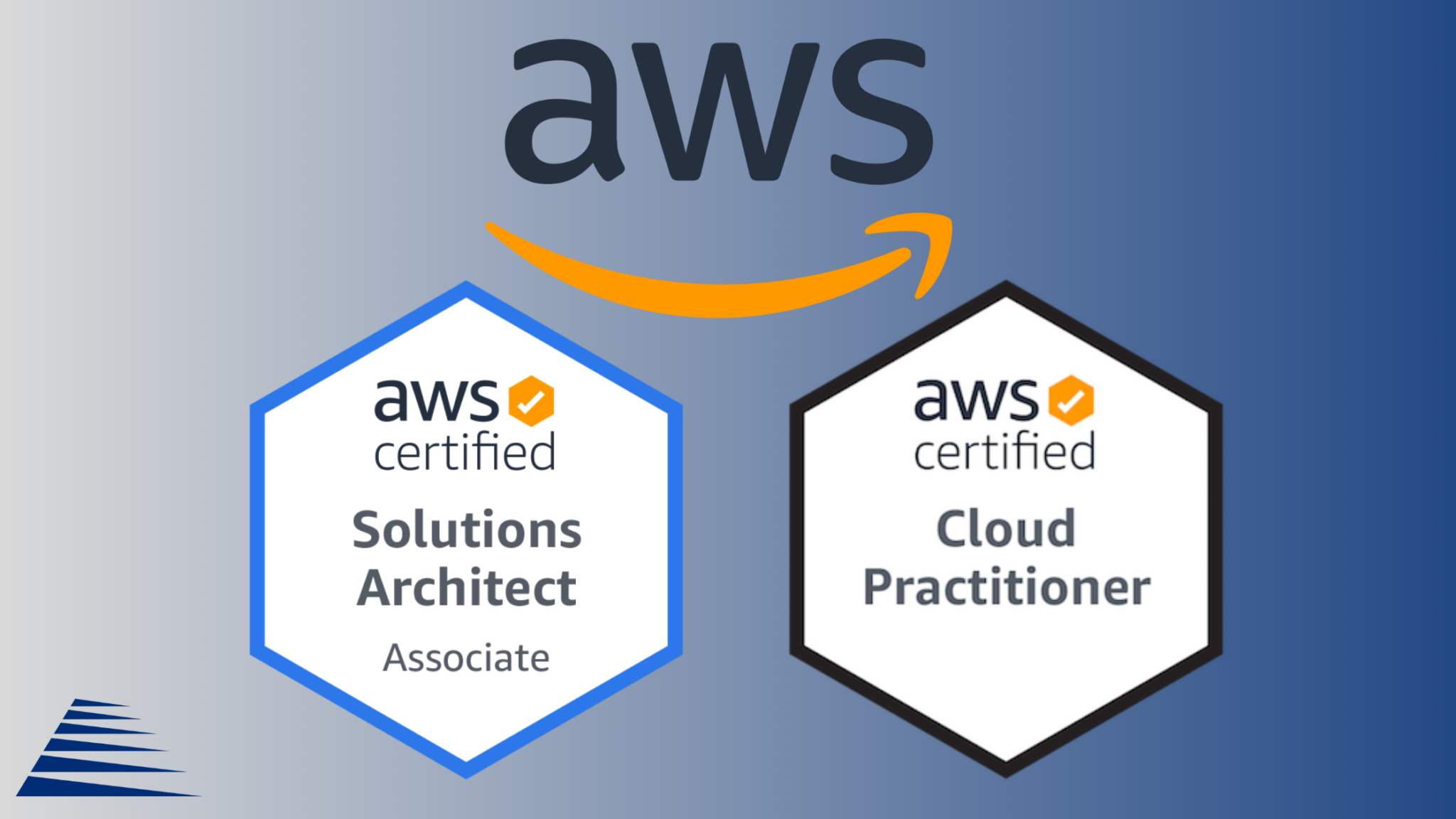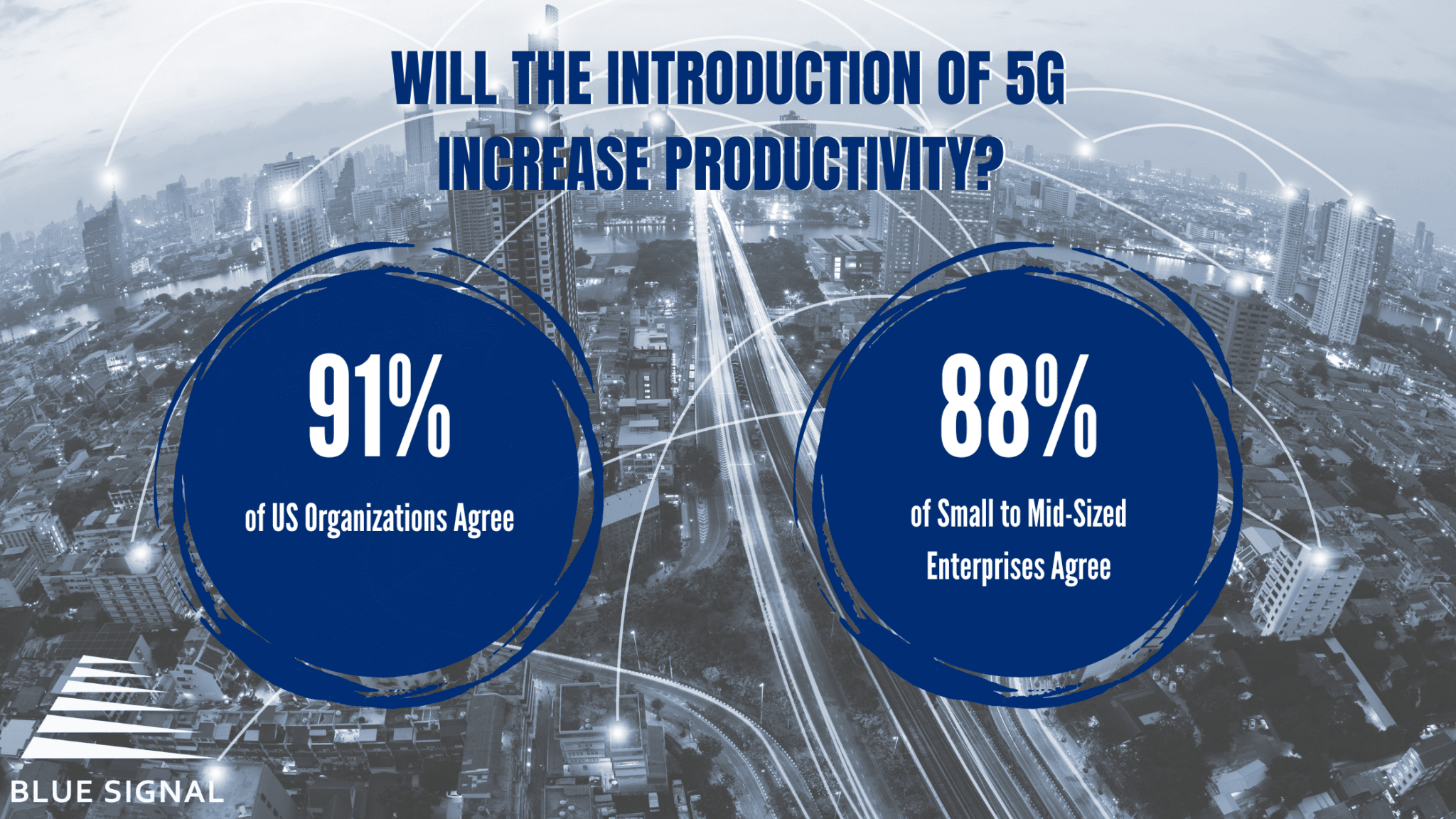With the effects of the Great Resignation still ravaging many companies, this job market is unlike any we’ve ever seen. Millions have left their jobs in pursuit of new opportunities, which has left a lot of hiring managers with the arduous task of filling those vacant roles. Finding top-quality talent is always a struggle, but today, it’s even more so. Getting an edge over the competition is simple — consider a veteran hire in your search.
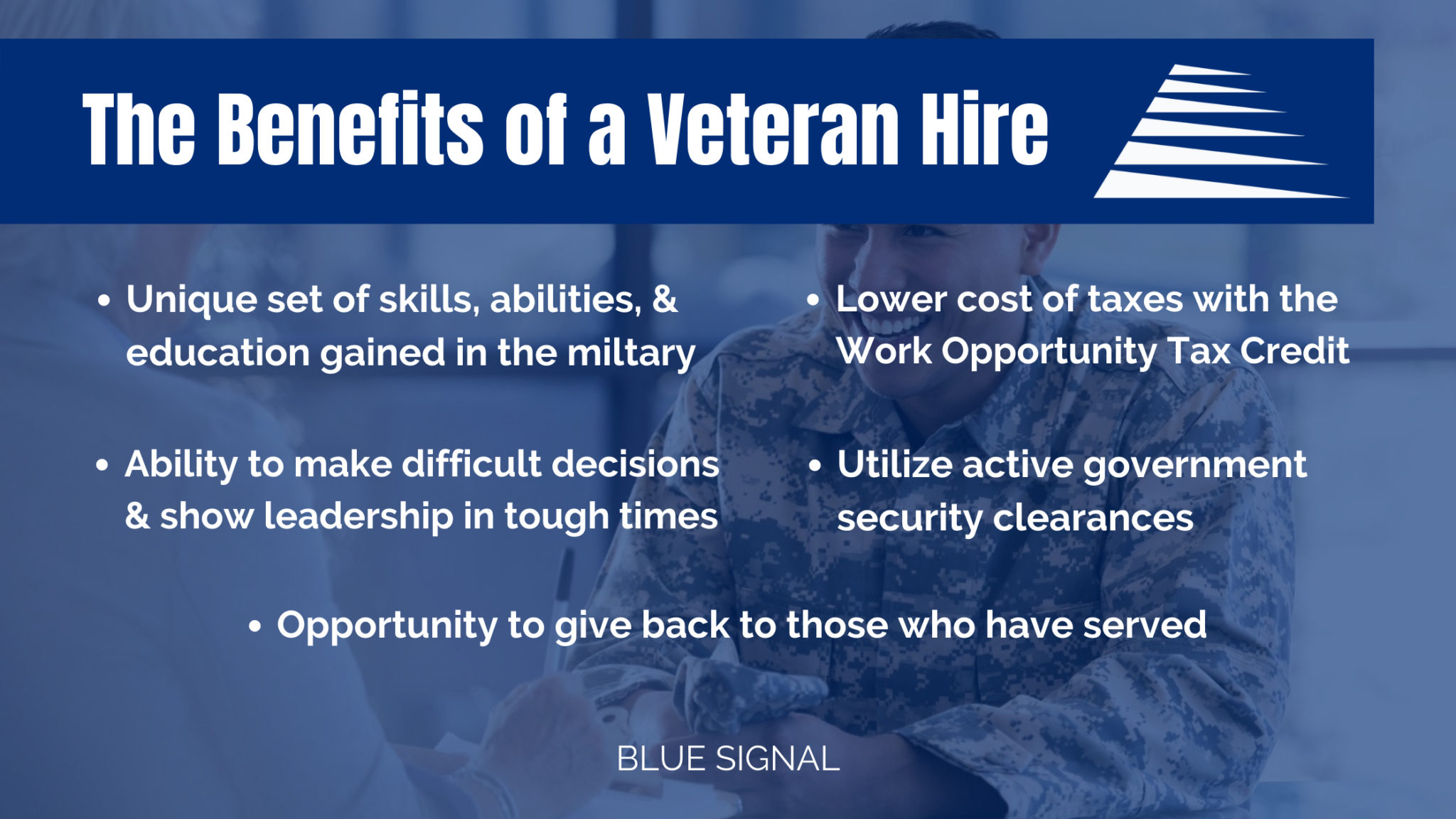
The Benefits of a Veteran Hire
It’s tough for some veterans to find sufficient full-time work after service. According to the white paper “Challenges on the Home Front: Underemployment Hits Veterans Hard,” almost 16% of veterans are underemployed. So why should you consider hiring a veteran? Not only does this help to give back to those who have served, but in a recent study, around a fifth of employers said a veteran’s experience was indispensable to the betterment of their organization. Veterans gained a unique set of skills, abilities, and even education during their time serving. Depending on the role they held in the military, they could have a one-of-a-kind perspective to bring to your company.
For instance, imagine you’re looking for someone in a management or C-level position. Hiring a veteran is a no-brainer! “They [veterans] perform better under pressure... Service in the military may prepare one to make tough decisions and show leadership in tough times,” says Efraim Benmelech from Kellogg Insight. Many veterans have hands-on leadership experience in the military that can easily translate to the civilian world and ultimately better your organization. For example, an active security clearance lets employers know that they already had to pass a hefty background check. In the telecom industry, as well as others, this helps open doors for companies working on government contracts. Whatever the case, we’re here to help our nation’s veterans highlight their military service skillsets in the best way possible!
Another great benefit for companies hiring veterans is the Work Opportunity Tax Credit, an initiative by the federal government to help certain groups of people that may get overlooked, get hired - including veterans. By hiring a veteran in your next job search, you could potentially save on your company’s taxes, making hiring veterans a win-win situation for everyone.
Blue Signal Search Veteran Recruiting
Here at Blue Signal, we’re committed to connecting veterans with the companies and jobs that are a great match for both parties. Veterans have a lot to offer in the job market, including leadership experience, education, technical skills, a great work ethic, and more. To achieve our goal of getting more veterans hired in the coming years and beyond, we’re going to be targeting more veterans in our searches and seeking them out amongst other qualified candidates. If you’re a veteran looking for a job, we want to hear from you!
Why Our Team is Different
So why should you, as a candidate or potential client, work with us versus one of the other recruiting firms out there? To us, you’re not just a number — our primary goal is to maintain great relationships and help everyone achieve their goals, whatever those might be. Besides our commitment to you, we offer veteran recruiting as a specialty, which includes access to members of our team who have served or are currently serving in the military.
In addition to the dedication and experience of our team, veterans we work with have access to many jobs that aren’t posted anywhere else. Partnering with us has its perks beyond just scouring various job boards. Our team helps connect veterans to those jobs that they might not be able to find (or apply for) otherwise. We are there to help through the application and interview process by providing helpful tips along the way.
The bottom line is: we’re willing to go above and beyond to help veterans. Part of that is helping them to translate their military service into beneficial skills in the civilian job market.
Training and Resources
For our veteran candidates, we’re proud to offer many resources, including our newest service you can take advantage of: Resume and Career Services, powered by Blue Signal. If you're looking to get even more out of your job search, sign up now to get a head start on your next career move.
We look forward to serving those who have already given us so much. Contact us today to get started.
